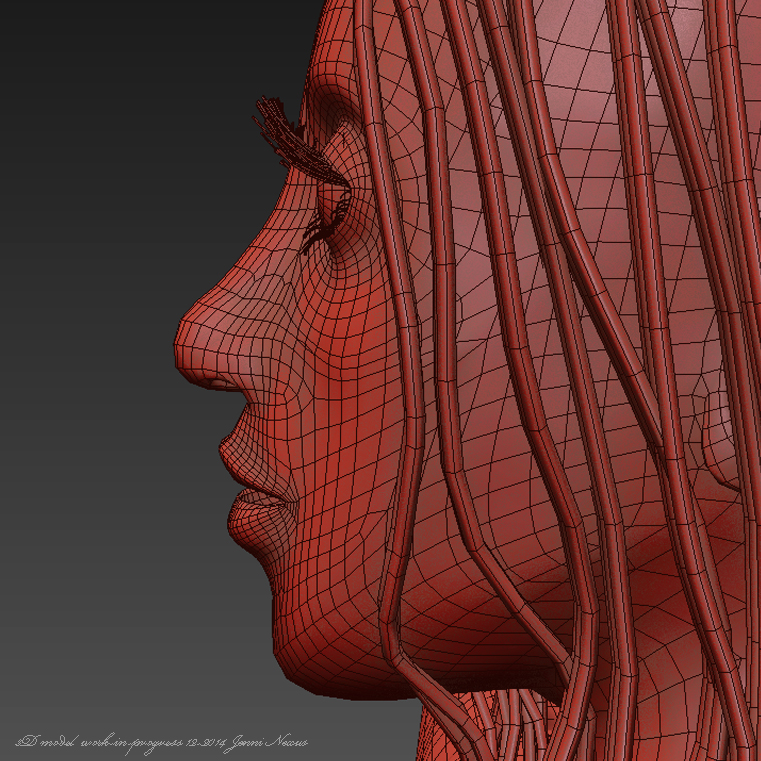
Poetry by Walter Bargen ÷ Art by Jenni Nexus 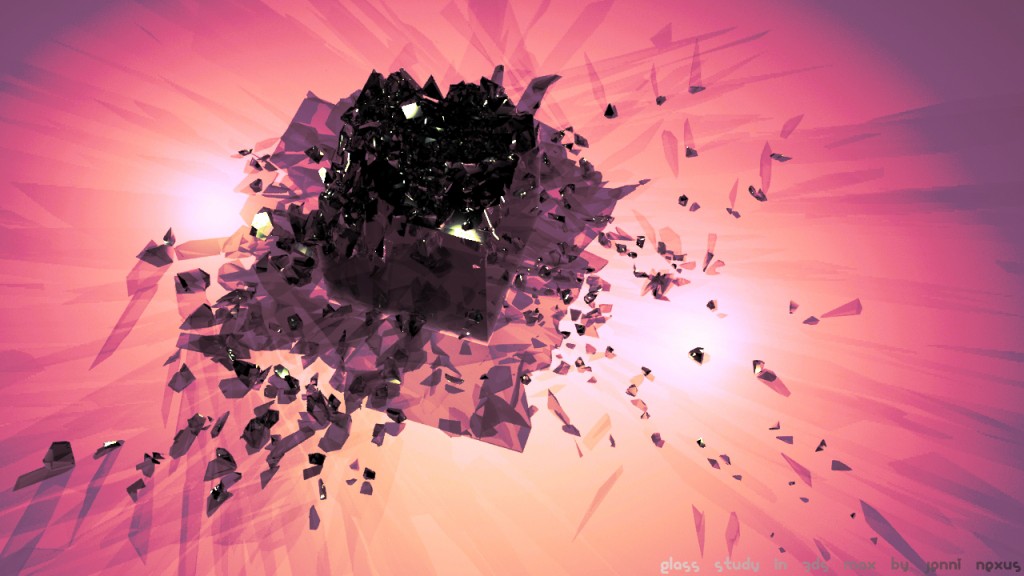
List Beyond the Stars
Haven’t seen a snake in months.
No scream necessary unless
the thought itself
slithers across your forehead
flicking its forked tongue.
No wet rip of flesh stretched
across asphalt as the car tires
zip past. Just the hum of tread
measuring empty miles.
It’s the same with turtles.
Highways empty of turtle soup.
The crush of dry leaves clawing
a way over forest floor not there.
The oaks dropping leaves
three months early. So much filing to do
and the alphabet missing so many letters.
Not a blunt scaly leg to hire.
Heard only one whip-poor-will this year.
Dozens if not hundred of thousands gone.
To where? The night silence a roar.
When’s the last time a woodpecker
Tapped out its code?
I don’t know what will survive.
I try not to look too closely
anymore. It’s already
possible to count solitary blades of grass.
Laundry Day
I wasn’t looking for gainful employment
But was told to find a clothesline.
Old friends stood around with walleyed stares.
Strangers overflowed with advice:
Under the sea by the pier
Where the fish hangout,
In the trees behind the house
Where the birds perch
With a clothespin stillness,
Never underground–
Too dirty and the rot fits all sizes,
But it’s where I found a telephone
Sleeping with ear plugs.
I answered but no help there.
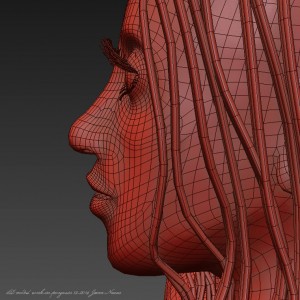 I started searching along the street
I started searching along the street
Thinking someone might have handcuffed
a few vagrant bushes.
There were warning shouts
That I can’t go beyond the corner,
All the other streets aren’t mine.
So the clothes on my back are wet.
I slosh with each step.
I can’t tell the difference
Between the spin cycle and drowning,
They drip with the same indignation.
. . . because I sometimes feel it may not continue to exist much longer. . .
–Thomas Merton
1
He isn’t certain whether cosines
And square roots are needed,
As he sums the cost of an arm and a leg.
Any way he manipulates the figures
With a bit of Dr. Frankenstein,
But the calculator won’t perform
the grisly calculations.
New batteries don’t perk it up.
He goes digging in a closet, pushing aside shoes
that haven’t lodged a foot or complaint
in years. The dust monumental
and guarded by cherubs. The towering
cobwebs the clothes of ghosts.
He finds the box where his army rests,
assembled in his tricycle years.
When he was twelve he resigned
his command of forces who were always on the attack
to become a pacifist. Little rubber figures,
the color of pond scum, forever in the position
of throwing a grenade that surely has exploded
by now, lying prone and aiming, their rifles
surely out of ammunition, crouched and running
and if not blown to smithereens by a firecracker,
then surely severe back pains ensued.
Sure enough at the bottom of this boxed army,
rolling aimlessly around orphaned arms, legs,
hands, and even a couple of heads, the loss making
no difference to the aim and bayonet thrust
of their statuesque devotion.
He arranges the maimed soldiers on his desk,
a line that suggests a horizontal axis, a calculable
destination, the simple cost of an arm and leg,
but not for the headless as most of his neighbors
these days head for the November election.
The cost is too much, it frightens him.
At one moment, he’s standing on a sidewalk
In front of a theater, 1957, the movie marquee
reads Bridge Over the River Kwai,
starring Alec Guinness and William Holden.
Half-century later, he remembers the tune
the starved British POW’s whistled
as they marched off to complete the bridge,
then destroy the bridge, Shakespearean style,
by an escaped prisoner who has returned
and is killed along with the Japanese commandant,
the British officer in charge, and two other commandoes,
not to forget the train filled with Japanese
dignitaries plunging into the gorge.
And there he is, leg missing from the hip down,
and no warning, as if he were one of Remarque’s
German soldiers, who looks over the parapet
of a trench at Verdun, and falls back headless,
or is standing guard and for the briefest moment
is balanced on one leg before being spun around,
neon blood fanning out in a circle around him.
He’s devastated, about to cry, chokes back the sobs
in case John Wayne still has manhood cornered,
but he’s only recalling his mother’s father,
a WWI vet struggling across the muddy farm yard,
his one leg submerged to the ankle as he angrily
wrestled with crutches planted deep in the chicken-shit
muck, or maybe it’s his father’s father,
A sailor who survived a mustard-gas attack,
The details never clear, but it was a later heart attack
shoveling coal for the railroad.
He thinks it’s all an arm and a leg,
and it doesn’t matter, we will get there,
one way or another, whole or in pieces.

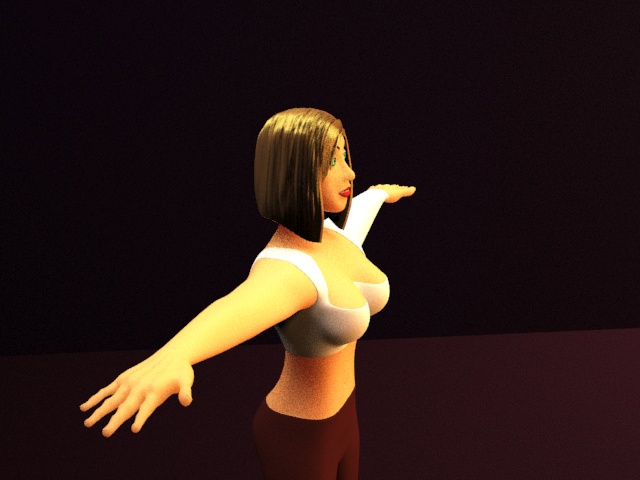

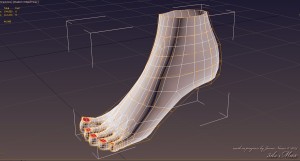
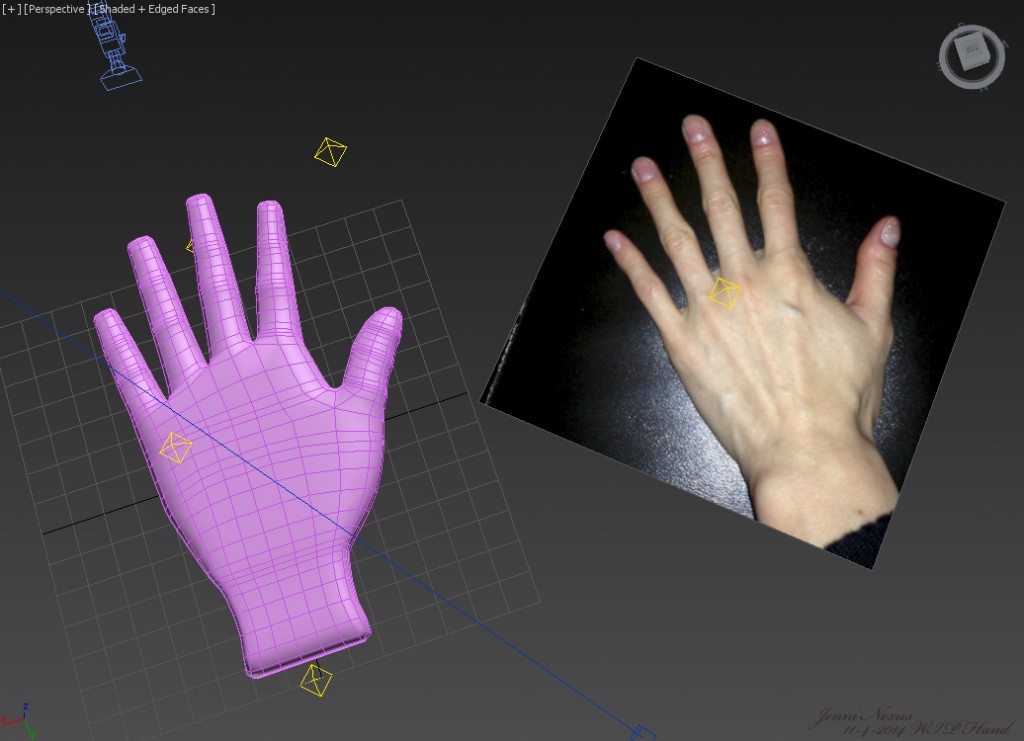
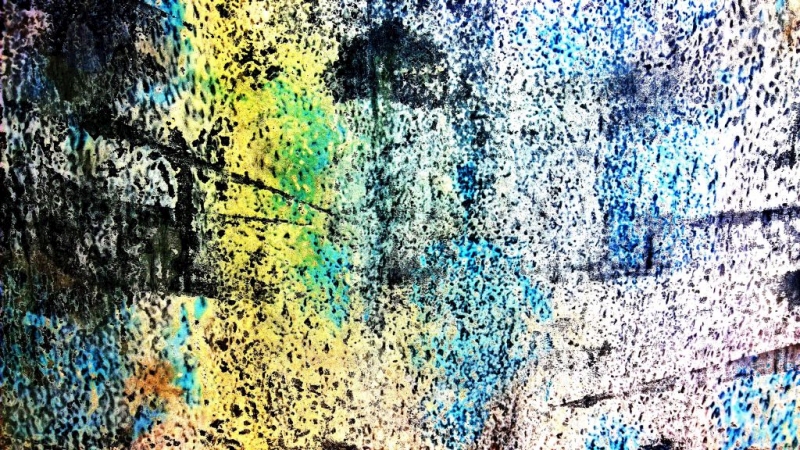

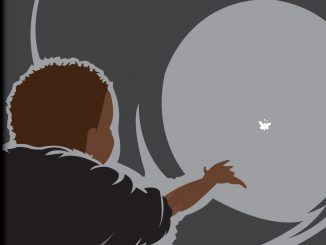
Leave a Reply